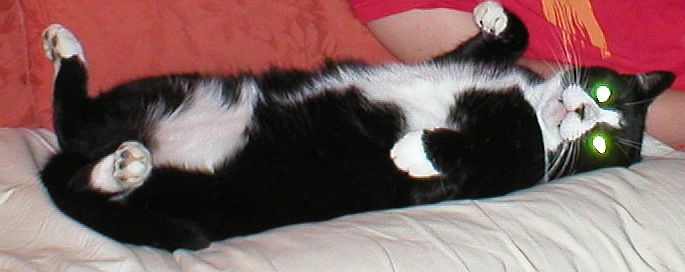In March 1869, naturalist-divine Enoch Buzzacot is in his late twenties and working as an assistant curate in Yorkshire. Enoch is a fervent disciple of Gilbert White in his determination to observe and record the natural world around him, but he also greatly admires Samuel Pepys, to the extent that when he receives some good news he is inspired to keep a journal of his daily life. He begins it thus:
Today, spurred on by the good fortune I shall shortly relate, I resolve to keep a regular journal. A new chapter of my life is opening, I feel sure; thus I must do more to record the events and circumstances of my existence.
The ‘good fortune’ that he mentions is his uncle’s offer of the Cure of a tiny parish back in his native Devon. Enoch instantly accepts it.
Wondrous tidings! In a letter today, Uncle Edwin apprises me of an empty and neglected living in his gift and says he will recommend me to the Bishop as its next incumbent. . . . It is not a large parish – indeed, by his own admission it is one of the smallest and poorest imaginable. He tells me that church attendance was never more than woeful and for many years has steadfastly remained at nil. In his letter he says, somewhat cryptically, that I ‘should not be able to do any serious harm there’ but that I will ‘have to do, as nobody else could possibly want to go there’; and there have even been calls to demolish the church at its heart.
At last Enoch has his own parish and can conduct his natural history investigations without hindrance. But how will this eager man of youthful outlook fare? Will the locals take to him? Will the church and house be to his taste? And how will he get on with his new housekeeper, one Mrs Pollitt – a splendid and ‘redoubtable’ woman, according to his Uncle Edwin?
